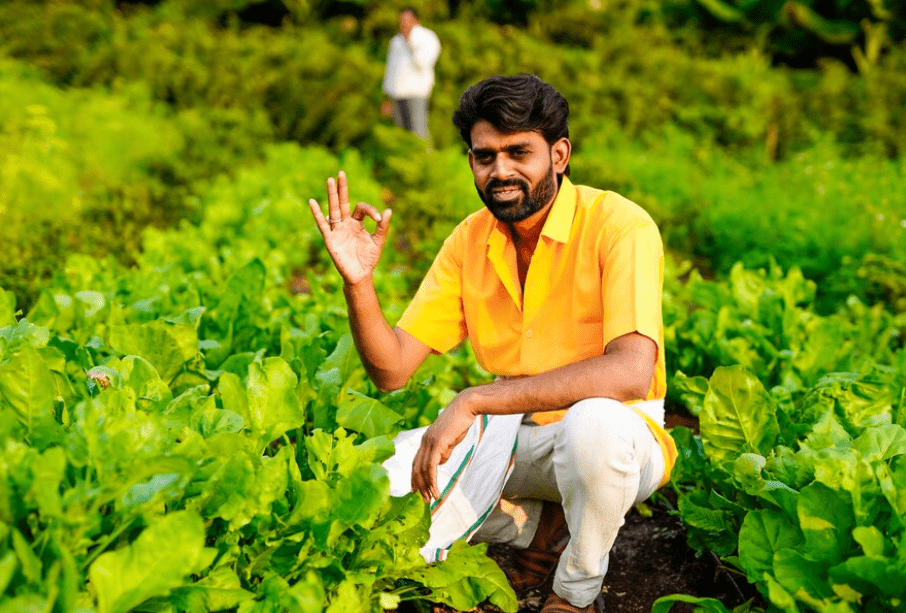In today’s ever-evolving food landscape, the demand for authentic, healthy, and diverse food products is on the rise. Consumers are increasingly seeking out locally sourced, sustainably produced goods that not only nourish their bodies but also support the communities and ecosystems from which they originate. Amidst this shifting paradigm, farmer producer organizations (FPOs) are emerging as key players in connecting producers directly with consumers while promoting sustainable agriculture practices.
At Ecociate, a knowledge organization committed to fostering business innovation for sustainable agriculture development and food systems transformation, we’ve recognized a significant opportunity for FPOs in the value-added food market. Through our extensive work with FPOs and development sector organizations promoting agroecology-based practices, we’ve observed a growing desire among consumers for high-quality, artisanal food products that reflect their values and preferences.
However, despite this demand, FPOs often face challenges in accessing and fulfilling the diverse preferences of consumers. Limited product offerings, difficulty in connecting with consumers, and lack of resources for value addition pose significant barriers to tapping into this lucrative market. Similarly, we’ve discovered through our interactions with resident welfare associations (RWAs) that there is a strong demand for authentic, healthy, and safe food products within local communities.
To address this gap and empower FPOs to thrive in the value-added food market, we’ve outlined a comprehensive strategy:
- Market Research and Analysis: Conduct thorough market research to understand consumer preferences and trends in the local area. Identify specific products and varieties that are in demand to inform product diversification efforts.
- Product Diversification and Value Addition: Collaborate with FPOs to diversify their product offerings and add value through innovative processing techniques, packaging methods, and new product lines.
- Quality Assurance and Certification: Implement stringent quality assurance measures to ensure product safety, authenticity, and nutritional value. Obtain relevant certifications to build consumer trust and credibility.
- Branding and Marketing: Develop a strong brand identity for FPOs’ products that highlights their unique selling propositions such as freshness, sustainability, and community impact. Utilize various marketing channels to promote products to target consumers.
- Distribution and Retail Channels: Establish efficient distribution channels, including partnerships with local retailers, supermarkets, online platforms, and community-supported agriculture (CSA) programs, to make products easily accessible to consumers.
- Consumer Education and Engagement: Educate consumers about the benefits of supporting FPOs and choosing locally sourced, sustainable food products. Organize workshops, tastings, and farm visits to foster a deeper connection between consumers and producers.
- Partnerships and Collaborations: Forge partnerships with stakeholders such as restaurants, chefs, nutritionists, and health organizations to promote FPOs’ products and create new market opportunities.
- Feedback and Continuous Improvement: Collect feedback from consumers regularly to understand evolving preferences and make necessary adjustments to product offerings. Continuously innovate and improve processes to stay ahead in the market.
By implementing these strategies, Ecociate aims to empower FPOs to tap into the value-added food market, meet consumer demands, and create sustainable livelihoods for farmers. Together, we can bridge the gap between producers and consumers, promote environmentally friendly agricultural practices, and build resilient food systems for the future. Join us in supporting a more equitable and sustainable food future.

